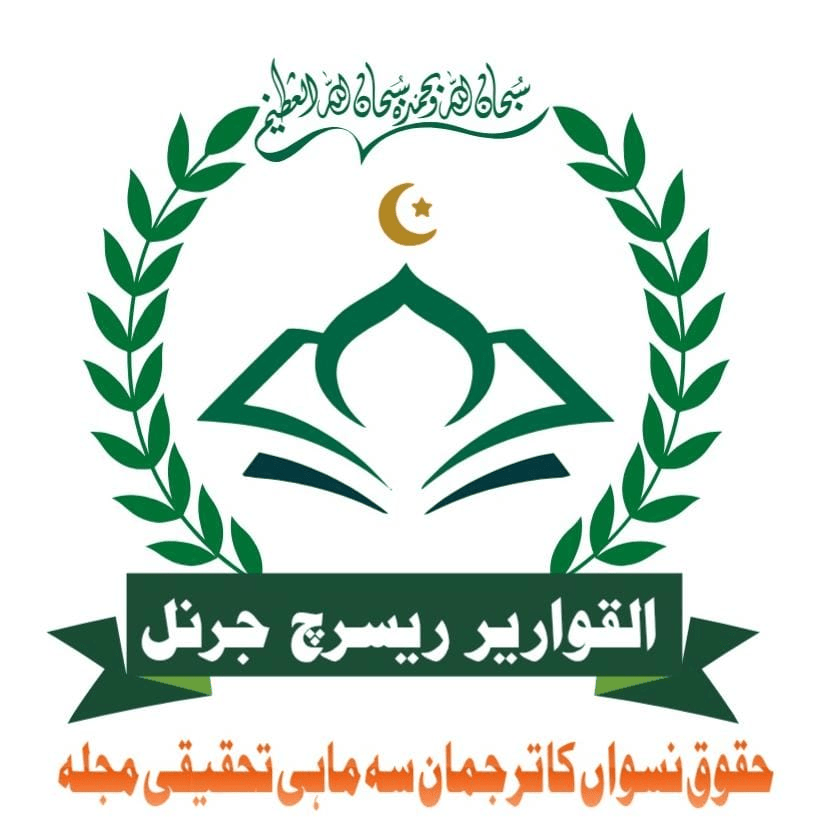The ontological and social status of Women in Ibn Arabi’s work and life
Keywords:
Ibn Arabi, Women, Islamic feminism, social status of women OPEN ACCESS Al-Qawārīr pISSN: 2709-4561 eISSN: 2709-457X Journal.al-qawarir.com Al-Qawārīr - Vol: 05, Issue: 04, Jul – Sep 2024 2 The ontological and social status of Women in Ibn Arabi’s work and lifeAbstract
This article deals with the works and life of the Great Master: Ibn Arabi. It tries to explore his works and life with a modern lens. His ideas about women their ontological and social status have been discussed along with scriptural references. Ibn Arabi has a distinct stance regarding females and their ontological status, as compared to other traditional Sufis who endorse the fundamentalist and conservative tenets about women and their status. He has different ideas about controversial problems like Purdah in Islam and competency of women in society as Imam and the spiritual teacher. He offers novel, dynamic and contextual solutions of these legal and fiqh issues. It also focuses on the modern feminist discourse by engaging with Islamic feminism which helps us redefining the status of women in Islamic thought. Along with this it sheds light on the relationship of the Great Prophet (S A W) with women as described by Ibn Arabi because he is the greatest inspiration of Ibn Arabi’s works. It is an exploration of Ibn Arabi as the alternative theorist of gender relations in the Islamic sociological and philosophical thought by applying the dynamic framework of Islamic feminism. His own spiritual and life journey is a great inspiration and example for the Islamic intellectual tradition. So, his biographical analysis shows his relationship with the women of his times. It gives a sketch of his practical engagement with promoting gender equality.
Downloads
Downloads
Published
Issue
Section
License
Copyright (c) 2024 M. Noman (corresponding author), Dr Ambreen Salahuddin, Dr. Iram Ruba (Author)

This work is licensed under a Creative Commons Attribution-NonCommercial-NoDerivatives 4.0 International License.




